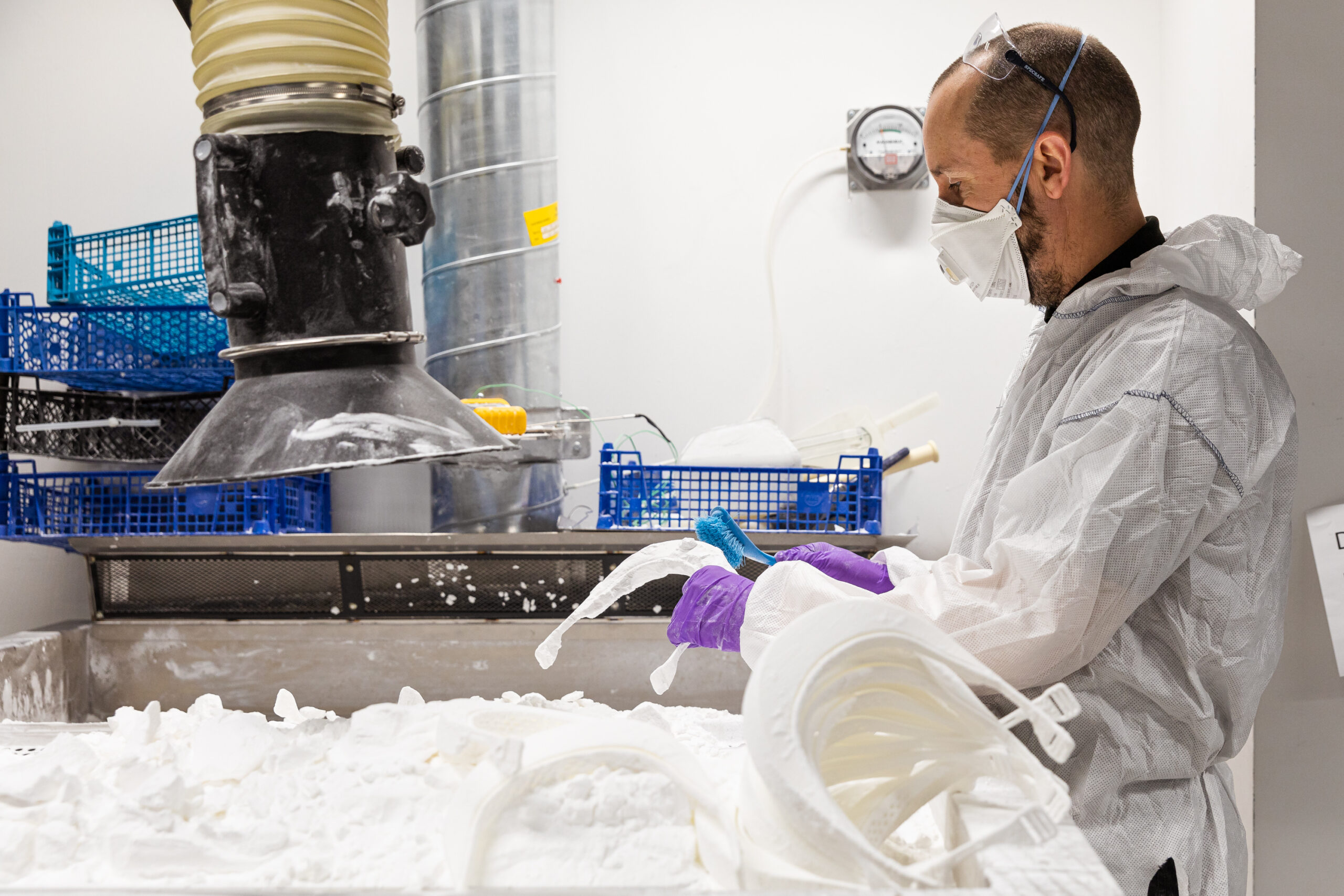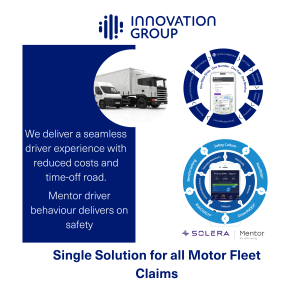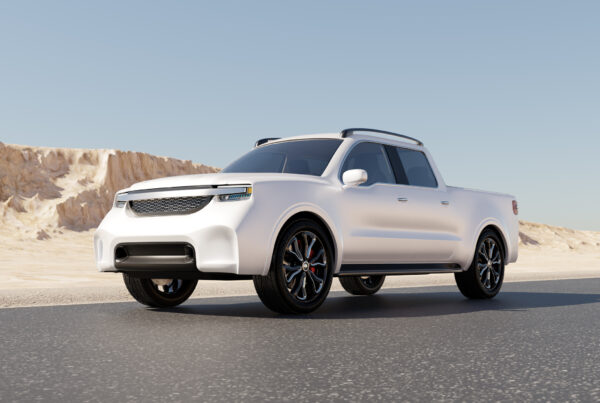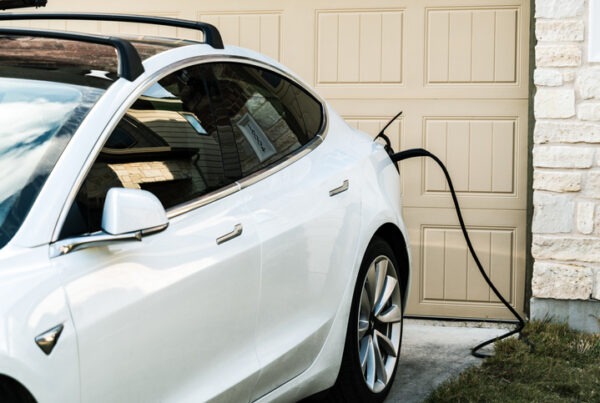Jaguar Land Rover will be turning over its prototype build operations to start production of protective visors for key-workers, utilising its CAD design expertise to answer the government call for more vital equipment to fight coronavirus.
The only reusable, NHS-approved visor of its kind, the design has been developed in consultation with a team of NHS healthcare professionals for efficient rapid prototype printing at the Advanced Product Creation Centre in Gaydon, home to one of the most advanced 3D printing facilities in Europe.
It comes as a national shortage of Personal Protective Equipment (PPE) for NHS staff on the frontline in the fight against Covid-19 has resulted in many key workers suffering injury from wearing uncomfortable equipment for long hours or going without vital protective wear.
Through collaboration with companies such as Pro2Pro in Telford, the ambition is to produce 5,000 visors a week for NHS trusts across the country.
Pre-line trials have already taken place with a team of healthcare professionals at the Great Western Hospitals NHS Foundation Trust and South Warwickshire NHS Foundation Trust before assembly began at Jaguar Land Rover in Warwickshire on 31 March.
Using rapid prototyping technology, has enabled the engineers to work through several iterations of the design in under a week, allowing for medical staff to feed back and improvements to be made.
Engineers in the Additive Manufacturing Centre, who have designed and manufactured the visors, are now in discussions with suppliers and partners to scale up production. They hope to create a tool that will enable mass production.
It is Jaguar Land Rover’s intention to make the open source CAD design files available to Additive Manufacturers and suppliers, so many more protective visors can be printed over the coming weeks.
Each face visor has been designed to be reusable, and can be easily dismantled and cleaned before being used again; safeguarding NHS trusts against future shortages as the situation develops.
Ben Wilson, Jaguar Land Rover Additive Manufacturing and Prototype Design Manager, said: “It’s been a real team effort, we’ve trialled different materials and improved the design over several iterations in consultation with real doctors and nurses on the frontline – this has allowed us to create something unique and truly fit-for-purpose.
“While this is a small effort, it is vital we help as many people as we can by utilising our resources. Collaborative teams working at Jaguar Land Rover, along with the wider computer-aided design and 3D printing community will continue to do what we can to help healthcare workers.”
The clear shield is manufactured using chemically-resistant polycarbonate, which is trimmed down by RGH Rubber Limited using a multi-cutter machine. Created using state-of-the-art laser sintering, jet fusion and FDM processes, the team went to particular lengths to ensure the cap top can be worn comfortably and safely for many hours by dedicated healthcare workers.
A secure elastic strap – provided by Beacon Trimmings of Coventry – holds the visor in place, and can be quickly and easily replaced to avoid contamination.
Dr Steve Iley, Chief Medical Officer for Jaguar Land Rover, said: “The health and safety of our employees, customers and their families remains our priority. It’s important we all utilise our skills, expertise and facilities to help protect NHS staff on the frontline during our country’s greatest crisis in a generation. We can all play a part in helping those who need it most.”
The visors are assembled by a skeleton team of four Jaguar Land Rover employees in a specially designed clean area. Strict processes are in place to ensure there is no risk of contamination before the finished visors leave site.
Jaguar Land Rover continues to work closely with the UK government and has offered its research and engineering expertise, as well as digital engineering and design, printing of 3D models and prototypes, machine learning, artificial intelligence and data science support. As part of ongoing consortia, Jaguar Land Rover will also support those providing vital equipment for ventilator development.





















